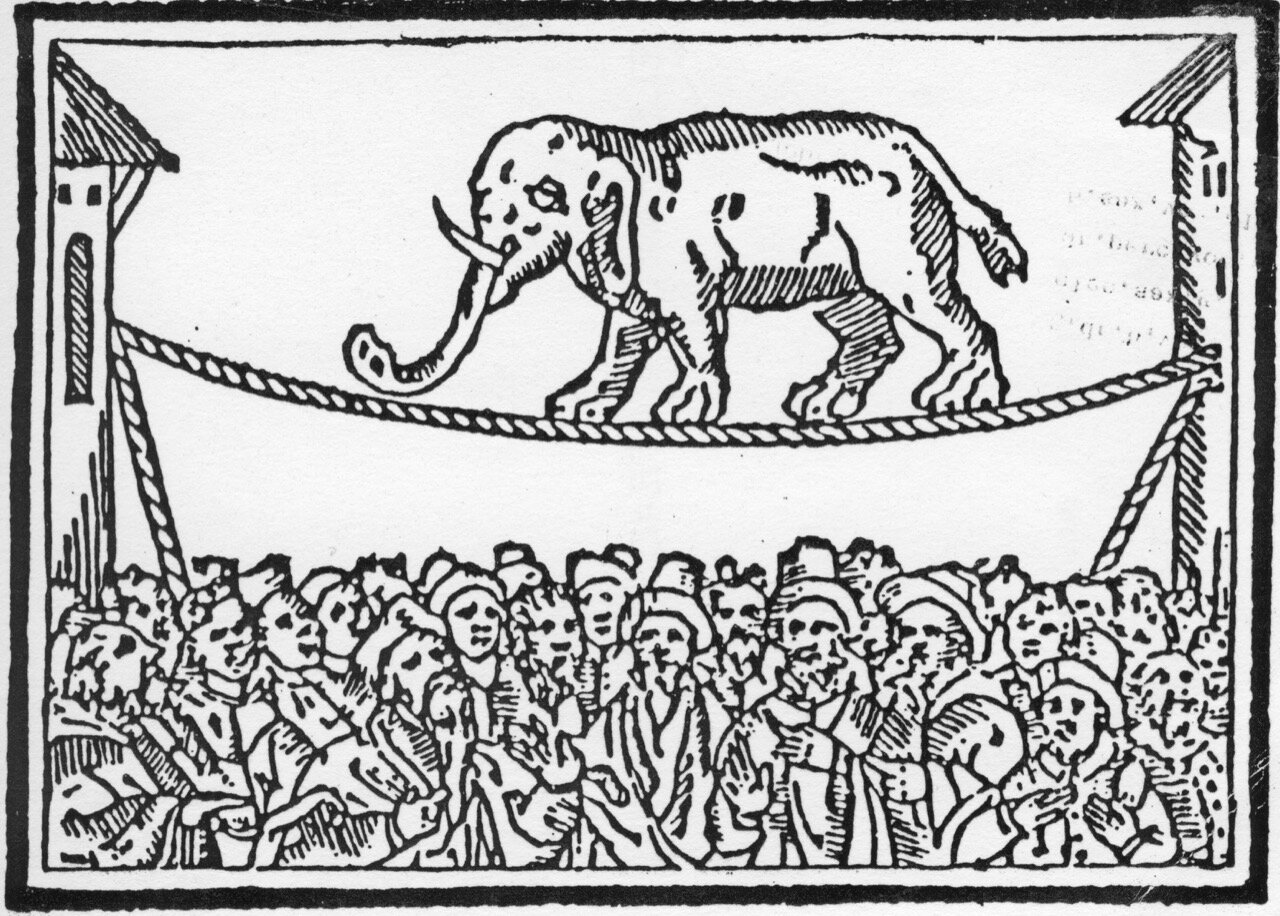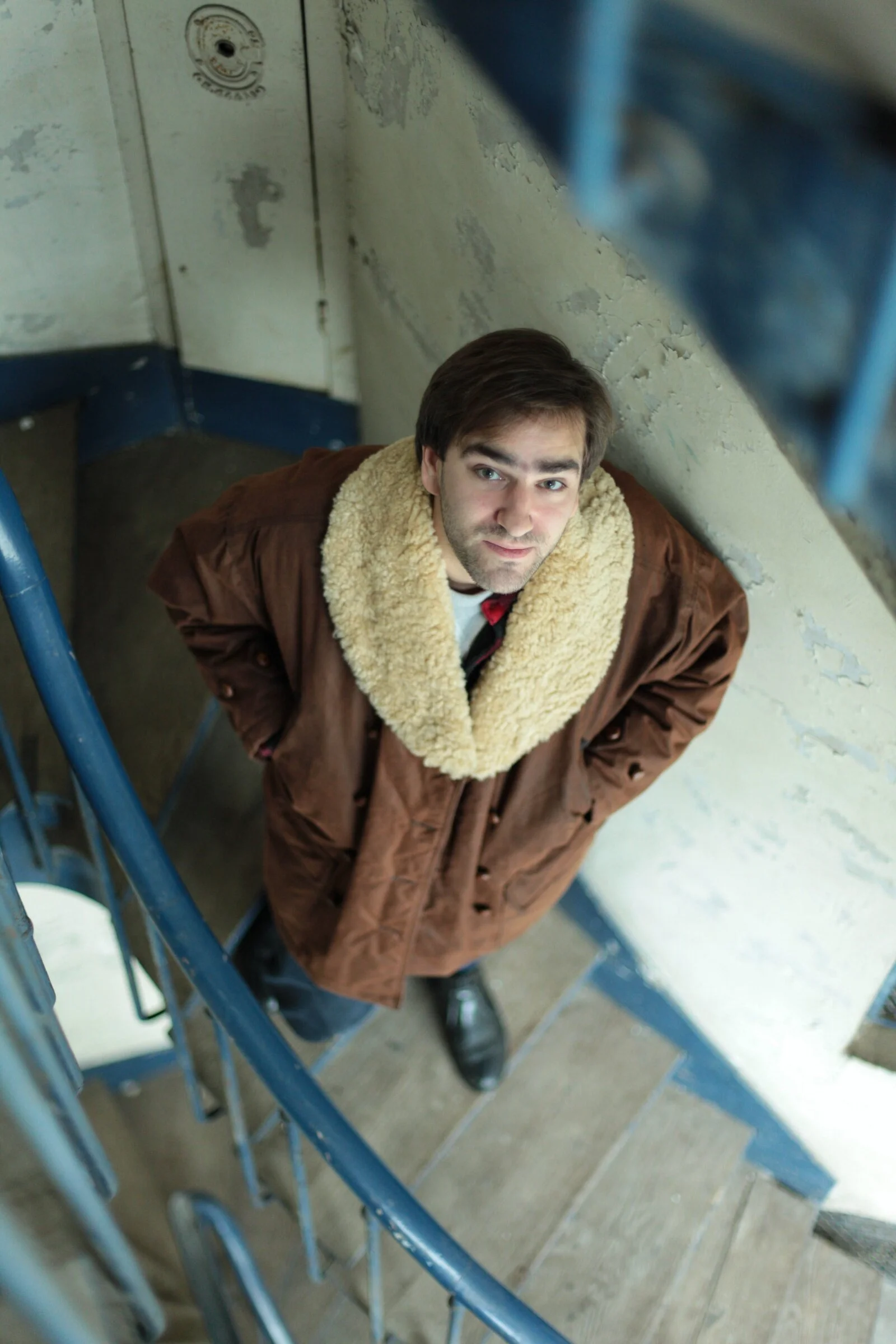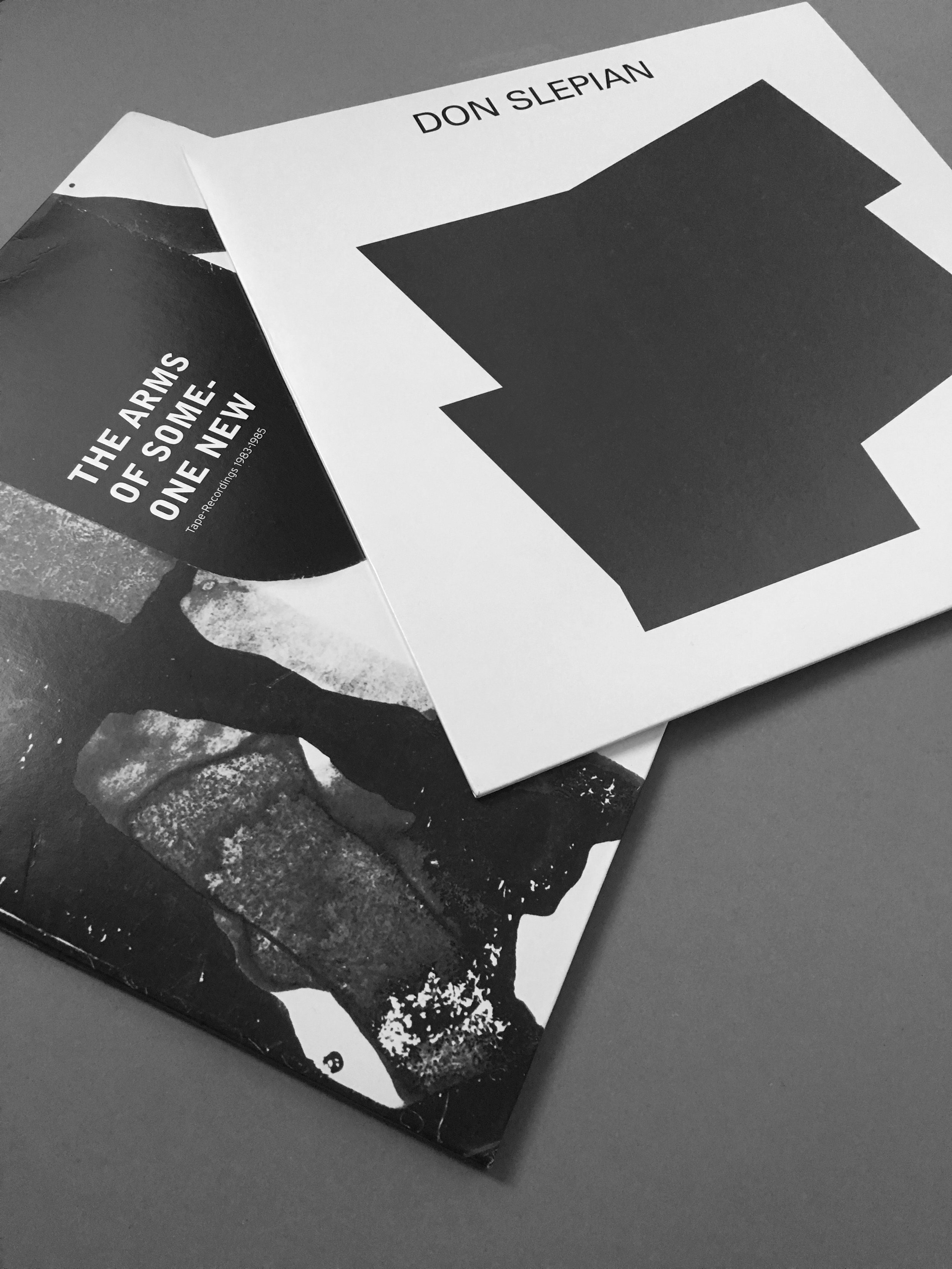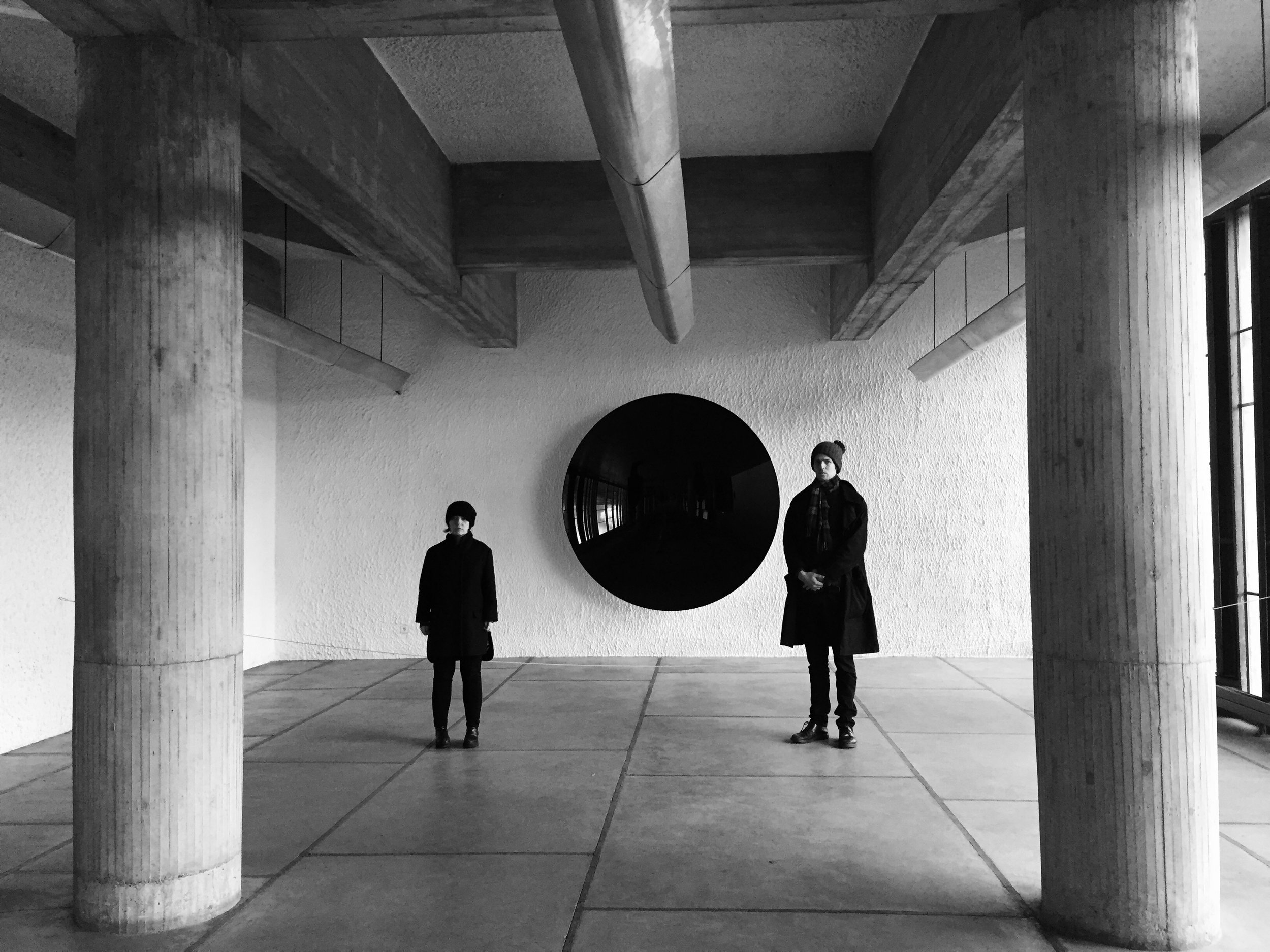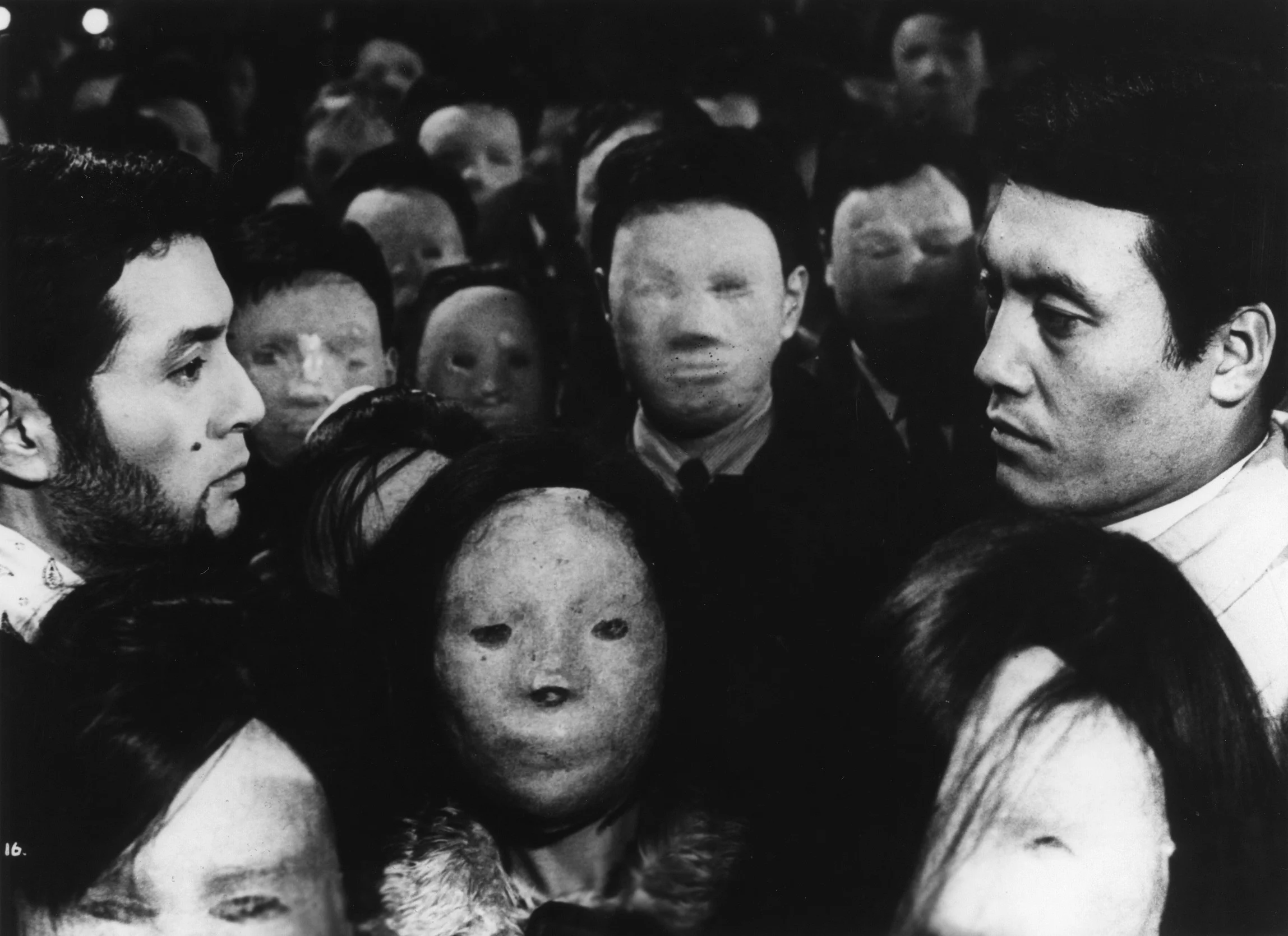Interview: Elephant Château
from left to right: christian schaffner (aka lo.la.), max spielmann, johannes vetsch, b/w-polaroid, approx. 1984, photographer unknown
Rare are moments like this: hearing Elephant Château's song "Dreamings" two years ago, I was instantly hooked. Who were the clever people that came up with this strange and beautiful music? A couple of months later, I met Mark van de Maat of label Knekelhuis in Amsterdam. He told me that Maxi Fischer and Matthias Orsett are putting together a compilation of Swiss electronic and experimental music. One thing led to another, and last spring I met up with Max Spielmann in Basel and in December again, this time joined by Johannes Vetsch, the other core member of Elephant Château.
It's fair to assume that your '80s band Elephant Château was rediscovered through "Dreamings". Do you have an explanation why this track appeals to a younger generation?
Max Spielmann: It was really strange. Suddenly, after 30 years, the EP was sold out within two months, with orders coming in from all around the world.
Johannes Vetsch: I think it all began with the blogger Okonkole y Trompa. He started championing "Dreamings."
Max: Someone recently told me he could not imagine such a track being conceived of today. But really, I have no explanation myself for what makes this track appealing. From what I've heard, the track is obviously suitable for DJs. Johannes was originally the one who spent a lot of time working on the song.
Johannes: I found a discarded Bontempi organ whose vibrato was not in perfect tune. That was our so-called harmonic starting point. We programmed the drum track step by step on a Roland TR-606 Drumatix, later on a TR-909, with all the drum sounds that have been loved now for over 35 years. I really like another tune: "Nebellied."
Max: It's based on a classic Swiss nursery rhyme. It's a children's song, but it's also a meditation about death. We created a video for the song. We simulated the moving waves of the sea with plastic and effects of light. It's a bit like "Augsburger Puppenkiste" on acid (a German children's TV show based on the puppet theater of the same name).
How did you guys meet?
Johannes: Max and I shared a larger apartment building with a few other friends. Our soon-to-be band member Christian [Schaffner] had a friend in this house, and I did some jams with him. I met Marlene McCarthy in the graphic design class. We became friends while talking about music and bonded over our sympathy for Captain Beefheart.
Max: Musically, I came from a slightly different place – somewhere between the Art Ensemble of Chicago, Talking Heads, and Fehlfarben.
Johannes: Max started playing with a Casio VL-1, the synth the German new wave group Trio famously used to create its hit tune "Da Da Da." I played saxophone and bass guitar, then Max brought the Roland TR-606 Drumatix and the first analog synthesizer, a Roland Juno 60, into our midst.
max: like johannes, i played the saxophone, but as someone who has asthma, it’s an instrument that’s anything but ideal. and i was magically drawn to the buttons on electronic music devices and he wrongly supposed simplicity of playing the rhythm guitar. i was the biggest amateur in the band. only later i learned about harmonics, circles of fifths and the blues scheme. and it’s true that every step of professionalization also comes with a degree of deterioration because it restricts the freedom and the search for uniquely creative solutions. then christian schaffner joined in, as a guitarist and drummer. the fourth member of the band at this concert was cornelia meliàn. she studied at the scola cantorum in basel and was a very good multi-instrumentalist with a lot of stage experience and strong classical roots. later franziska strebel joined elephant château. she became our drummer and percussionist.
johannes: christian was definitely the most accomplished musician in our group. he had an intense stage presence.
max: there was our first concert at the now legendary totentanz club in basel, a the vernissage of a small book written and published by marlene mccarthy. the performance at the totentanz was a mixture of a concert and a lecture in front of an art school audience.
johannes: we had prepared many tracks for this vernissage, which was entitled news for: or ufos visit the palace. marlene wrote this little book, a collection of poems and thought pieces. because of the concert date we were forced to finish a bunch of songs.
max: that was the case with many of our songs. we needed external pressure to get things done.
max: and everyone seemed to like it. that encouraged us to continue. everyone found it strange and experimental. we found that quite appealing!
so you continued to fish in a kind of aesthetic otherness?
johannes: it was the early '80s, the overbearing sentiment was to be curious! even if many were still stuck in the '70s.
max: every track we did was like a new continent. we always assembled our pieces differently, building it around a drum or sound pattern, a word, a riff or a fragment of a melody. we were curious about the new rhythmic and tonal possibilities we could explore with electronics. that’s one reason why each song sounds quite unique.
you told me earlier that basel was musically conservative at the time.
max: i saw it that way. craftsmanship above all was deemed to be important! there were very few places for our kind of music: there was only the totentanz, the palazzo and later the kaserne.
johannes: the people in our flat were sympathising with the swiss youth movement of the '80s. they were politically conscious. however, it was troubling when you realized that people still preferred to dance to gianna nanini instead of talking heads! but i was part of the basel scene, i was lucky enough to work with stephan grieder and the second generation of circus, a band that served up a mixture of jazz and symphonic rock. roland fischer and matthias erb were also band members, and why these accomplished musicians liked to work with me, never ceased to puzzle me. it was also challenging because i didn't have the same schooling, the same background.
max: but you had a great sound with your saxophone. this kind of timbre is difficult to achieve from a purely technical point of view. that made you attractive as a co-player.
johannes: as for elephant château, i was more concerned with the harmonic aspects of music and infrastructure while max was tinkering with his synthesizers.
max: on the other hand, we didn't allocate roles in any classical way.
johannes: everyone did everything.
i take it elephant château was always more of a studio band?
johannes: watching a video of one of our concerts, i had to cringe at my performance. we never had a front man, we did not model ourselves on typical bands. rather, we would look up to der plan. the first lp from daf and an early cassette from einstürzende neubauten was important. this heat, talking heads, arto lindsay or pere ubu.
max: i don't think i was ever really interested in playing live. my worst experience was a concert in the restaurant of the rote fabrik in zürich - people ate while we played.
johannes: i remember the one time when all those electronic devices crashed while you performed. it was a tricky thing – either you found a way to deal with how unreliable the synths were, or you worked with tapes. other than christian, we had no real live experience. i remember performing at the kanzleiturnhalle in zürich. my biggest fear was that stephan eicher [formerly of grauzone] would be in the audience because he was such an idol for us at that time. and then when we went on stage, the first pale face i recognize was his! [laughs] but the concert went pretty well.
what do you remember most vividly about the album release of offshoredrilling in 1989?
max: i had the strange experience of being in a ikea store and suddenly hearing our song "wir fangen mit arbeit an" over the speakers.
where were you exactly?
max: i walked along the ikea hiking trail, looking for something specific which i would find at the end of the path. and then one of our songs gets played and this song in particular!
interview: bjørn schaeffner
please note: an extended version of this interview will appear in the liner notes of elephant château’s release pearls and turtles out on cd and vinyl in april on bureau b.
dreamings will also appear on the compilation intenta – experimental and electronic music from switzerland (1981 – 93) out on décalé/les disques bongo joe.

